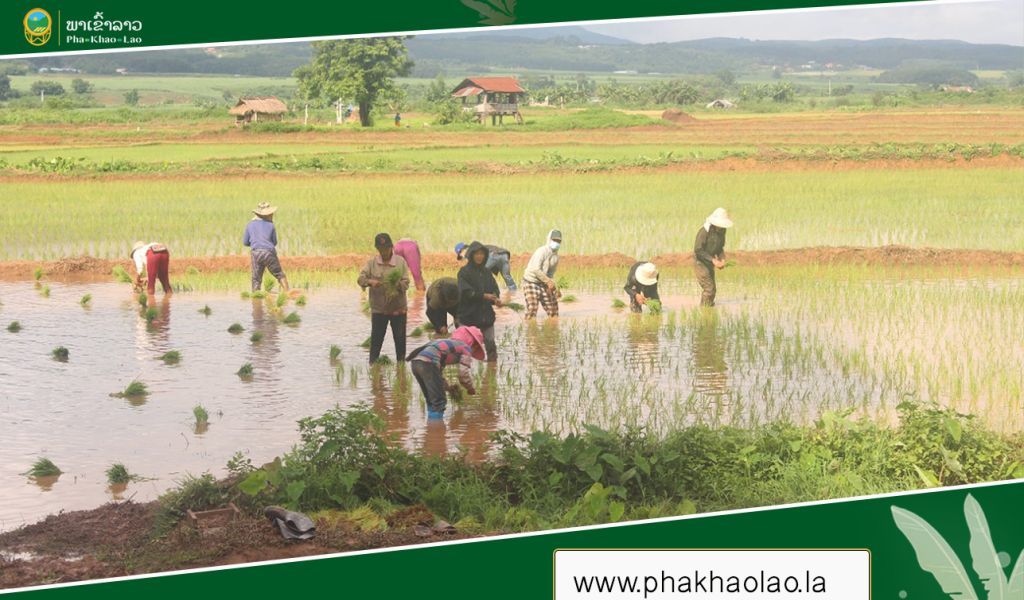Govt calls for increased production of fertiliser, animal feed

The government is encouraging private businesses to invest more in the production of fertiliser and animal feed, in response to the surge in market demand.
The move supports the government’s efforts to reduce imports and strengthen domestic production while also stabilising the value of the kip amid an economic downturn.
Farmers in Laos need about 2 million tonnes of fertiliser a year but only 600,000 tonnes of organic fertiliser can be produced in the country, equal to 30 percent of the amount required.
“Our ministry will encourage Lao and Vietnamese companies to team up in a joint venture to manufacture fertiliser,” Minister of Agriculture and Forestry Dr Phet Phomphiphak told the National Assembly recently.
“We have invited a major fertiliser manufacturer from Vietnam to come to Laos next month, to meet with Lao business operators and discuss a possible partnership.”
The minister was asked if the fertiliser issue could be resolved by 2023 under the government’s National Agenda to tackle ongoing economic and financial problems.
Dr Phet said he could not confirm whether more companies would be able to produce enough fertiliser to meet farmers’ needs.
“I’m sure that the amount of fertiliser produced in Laos will increase significantly by next year, but I don’t think we can produce sufficient to meet the total need,” he said.
In addition, farmers require about 600,000 tonnes of animal feed, but the six manufacturing plants in Laos can supply less than 400,000 tonnes, equal to just 60 percent of demand. Animal feed is currently produced mainly for supply to farms and agricultural projects, with a very limited quantity available at local markets.
“Several businesses in Laos have expressed interest in setting up factories to produce animal feed for use in Laos,” Dr Phet said.
This year, farmers have been hard hit not only by the rising cost of fuel and depreciation of the kip, but also the high price of animal feed purchased from Thailand. The cost of feed for piglets rose by 29 percent, the cost of feed for chicks rose by 8 percent, and the cost of fish feed surged by 60 percent, according to a study conducted by the Ministry of Industry and Commerce.
The figures were collected in April to compare with those recorded in January, to indicate how rising costs are affecting producers and farmers.
Laos imports more than it exports. In June, the country’s two-way trade was worth US$1,000 million, with a trade deficit of US$133 million.
The study stressed the need to strongly promote domestic production for the purposes of export, saying this would help to boost foreign currency reserves and stabilise exchange rates in the long term.
